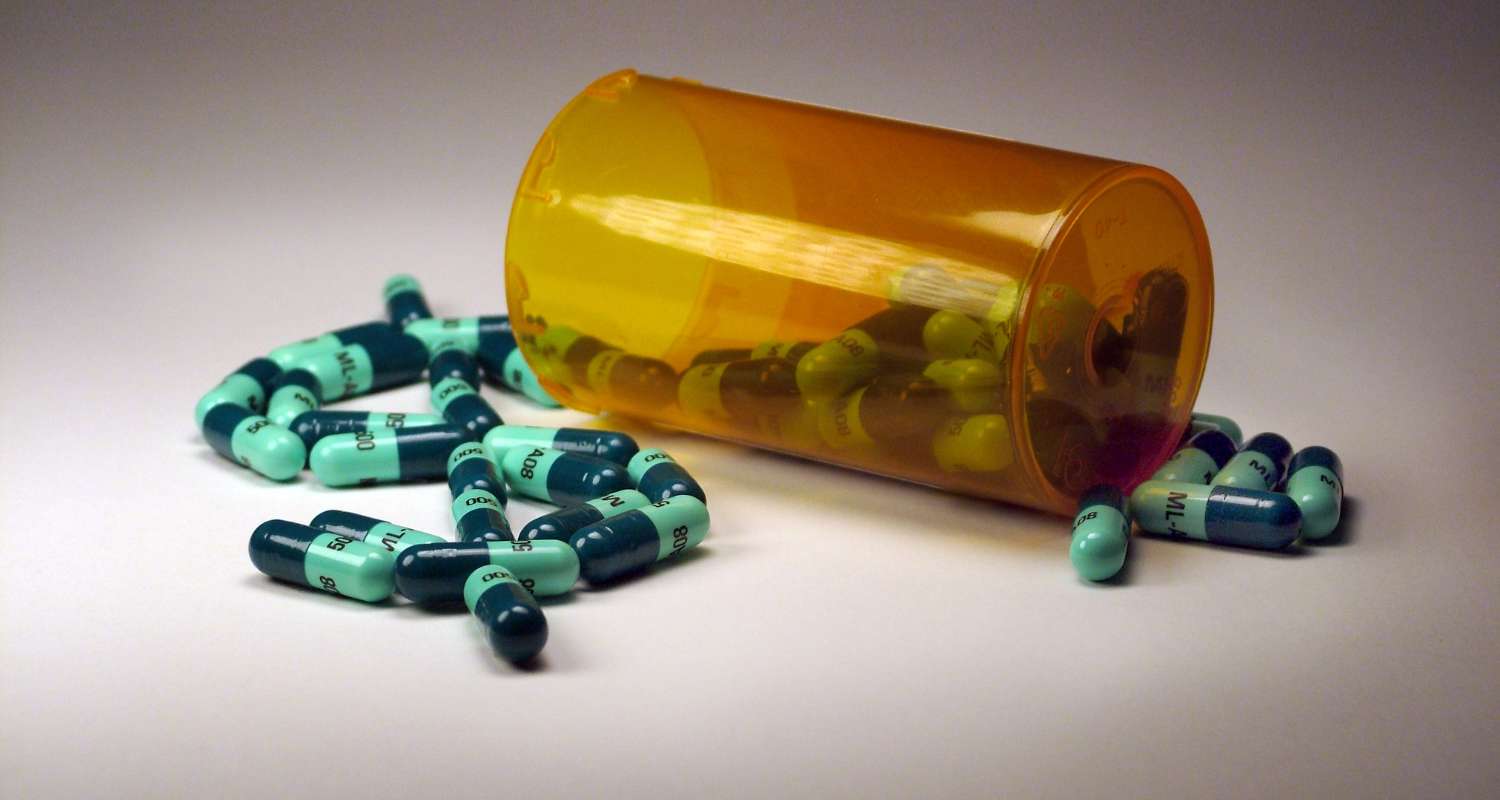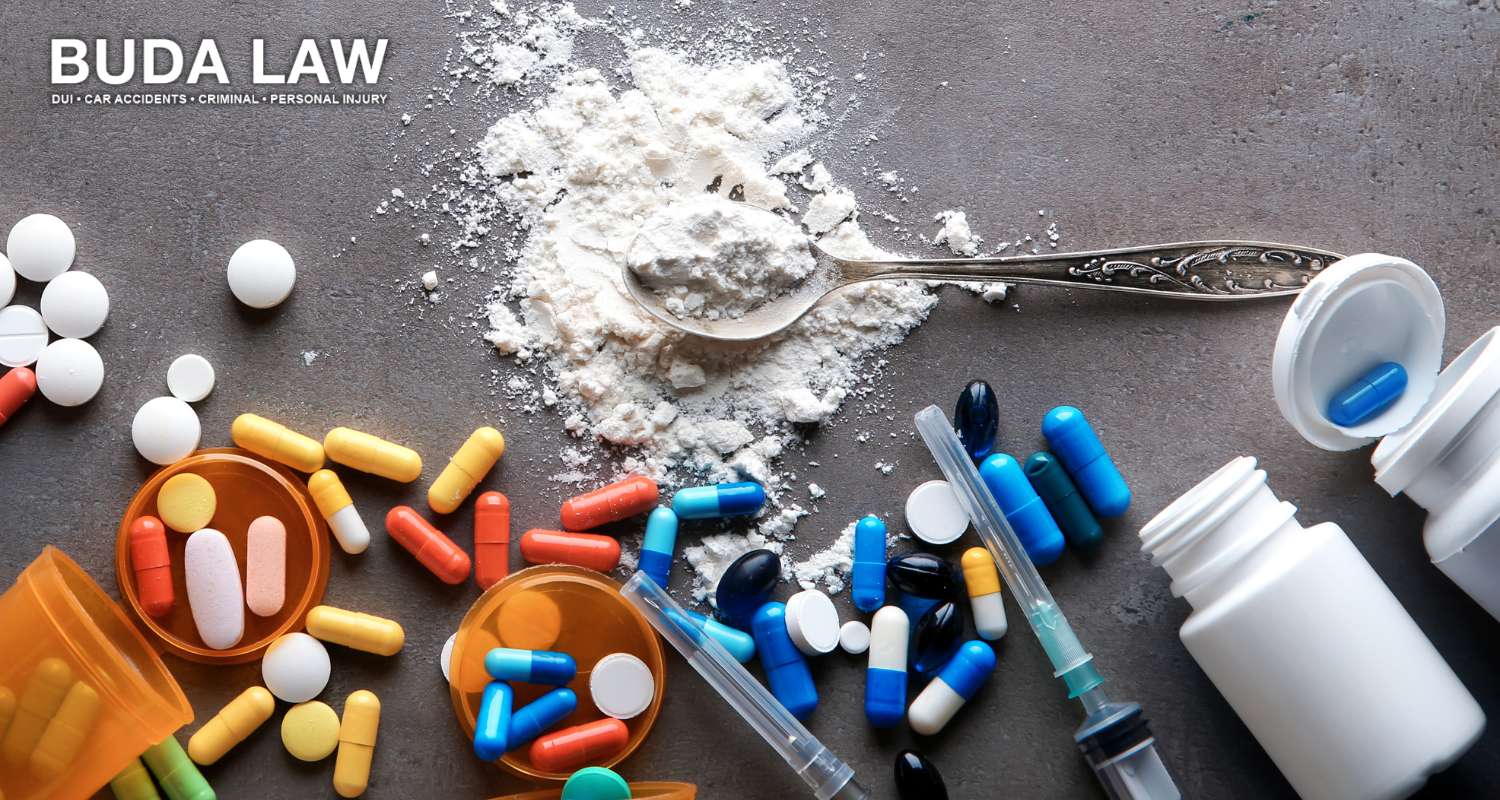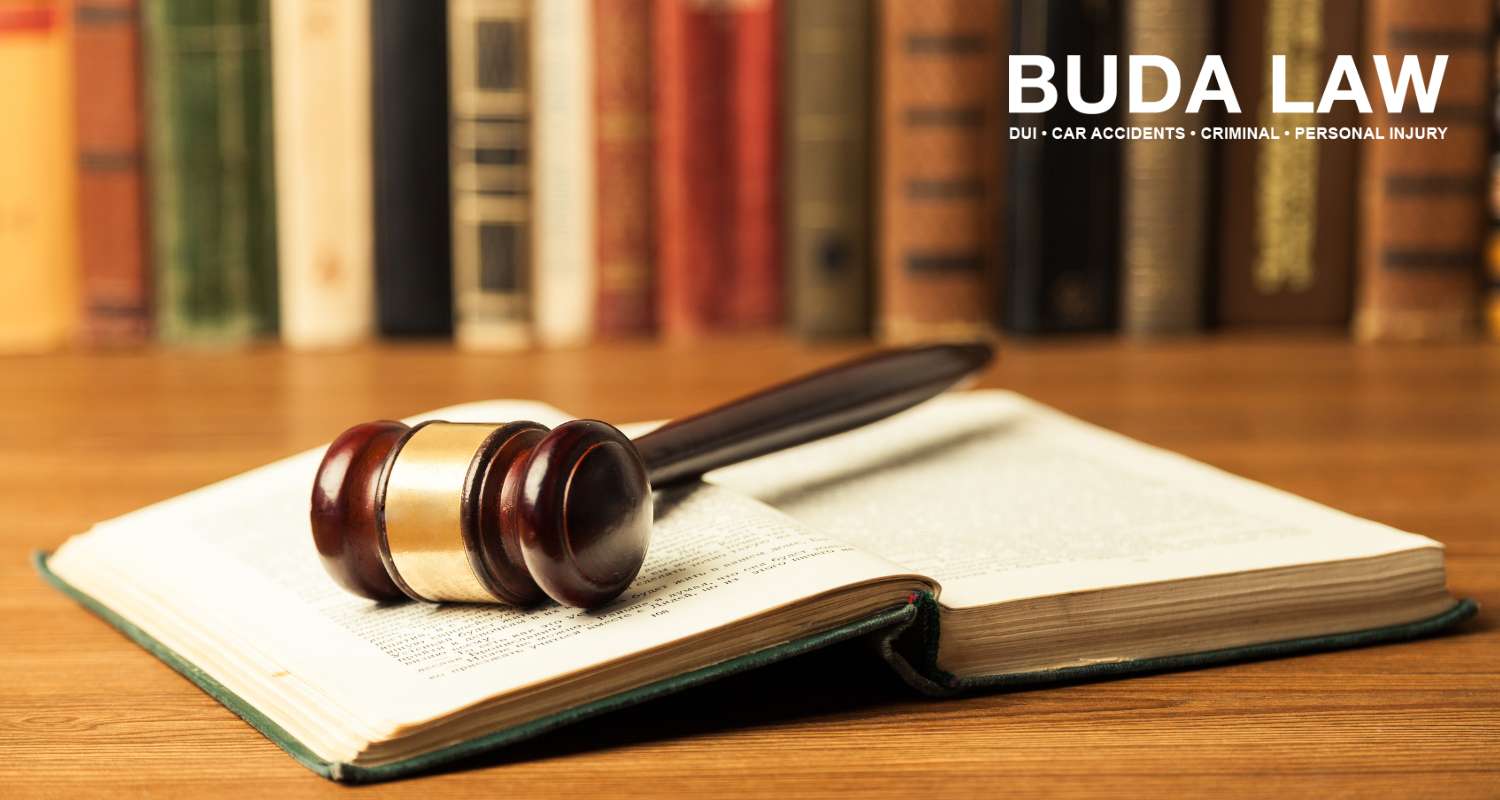
The U.S. Drug Enforcement Administration (DEA) classifies drugs into five schedules based on factors such as potential for abuse, drug’s acceptable medical use, and risk of dependence. This system helps regulate substances ranging from the most dangerous (Schedule I) to the least restricted (Schedule V).
Schedule II drugs are a category of controlled substances that have a high potential for abuse, leading to severe psychological or physical dependence. This includes powerful painkillers, stimulants, and certain medications with a high risk of addiction. However, unlike Schedule I drugs, Schedule II drugs do have currently accepted medical uses under strict regulation.
Understanding the differences between Schedule I drugs, Schedule II drugs, Schedule III drugs, Schedule IV drugs, and Schedule V drugs is essential for those facing legal issues related to these controlled substances. If you or a loved one has been charged with a drug-related offense in Florida, experienced Tampa criminal lawyer Andrew Buda is here to help. Contact Buda Law at (813) 322-2832 or reach out online to discuss your case today.
What are Schedule 2 Drugs?
Schedule II drugs are a category of controlled substances that have a high potential for abuse, meaning they are likely to lead to physical and psychological dependence. While these drugs have recognized medical uses, they are strictly regulated due to their addictive nature.
Schedule II substances include powerful prescription painkillers, stimulants, and certain opioids that require careful monitoring to prevent misuse. Because of their potential dangers, many of these drugs are only available through a doctor’s prescription and are subject to tight restrictions to minimize the risk of addiction and abuse.
What is the Difference Between Schedule 1 and 2 Drugs?
Schedule I and Schedule II substances are distinct categories of controlled substances, but both have a high potential for abuse. The key difference lies in their medical use and regulation. Schedule I drugs, such as heroin and lysergic acid diethylamide (LSD), are considered to have no accepted medical use and are not approved for human consumption under federal law.
These substances are highly addictive and lack government-sanctioned medicinal benefits. On the other hand, Schedule II substances, including certain narcotics like methadone, hydrocodone, and codeine, are used for analgesic purposes and other medical treatments. While they share a high psychological dependence risk with Schedule I drugs, Schedule II substances have recognized medical benefits when prescribed by a doctor.
Many of these medications, derived from a basic or parent chemical, require strict monitoring to minimize abuse and dependency risks.

Examples of Schedule 2 Drugs
Here are some of the more common Schedule 2 drugs, along with their common brand names and/or street names:
- Oxycodone (OxyContin, Percocet, Roxicodone – AKA oxy, OCs, percs)
- Hydrocodone (Vicodin, Norco, Lortab – AKA vikes, tabs, hydros)
- Morphine
- Fentanyl
- Codeine (aka lean)
- Amphetamine (Adderall, Dexedrine – AKA addy, speed, uppers)
- Methamphetamine (AKA crystal meth, ice, glass)
- Lisdexamfetamine (Vyvanse)
- Cocaine (AKA coke, blow, snow, yayo, nose candy)
- Amobarbital (Amytal – AKA downers, barbs)
- Secobarbital (Seconal – AKA reds, red devils, seccies)
- Phencyclidine (AKA PCP)
Who Can Prescribe Schedule 2 Drugs?
Schedule II drugs can only be prescribed by licensed medical professionals, such as doctors and, in some cases, specially certified nurse practitioners or physician assistants.
What are the Rules Surrounding Schedule 2 Drugs?
Because Schedule 2 drugs have a high potential for abuse, the federal government and individual states, including Florida, have strict regulations regarding their prescription, use, and distribution. Below are some key takeaways regarding the rules governing these drugs:
Prescription Regulations
- Requires a Written Prescription
- A doctor must provide a written or electronic prescription before a patient can obtain a Schedule 2 drug.
- No Refills Allowed
- Patients cannot get automatic refills for Schedule 2 drugs. A new prescription is required for each refill.
- Electronic Prescriptions
- Doctors are encouraged to use electronic prescribing systems (EPCS) to prevent fraud and abuse.
- Emergency Prescriptions
- In emergencies, a doctor may give a verbal prescription, but it must be followed by a written one within 7 days.
Dispensing and Quantity Limits
- Limited Quantity
- The amount prescribed is usually limited to a 30-day supply in most states, including Florida.
- Pharmacist Verification
- A pharmacist must verify the legitimacy of a prescription before dispensing.
Who Can Prescribe & Dispense
- Only Licensed Healthcare Providers
- Doctors, nurse practitioners (in some cases), and physician assistants must have a DEA (Drug Enforcement Administration) registration to prescribe these drugs.
- Strict Record-Keeping
- Pharmacies and healthcare providers must keep detailed records of all Schedule 2 drug prescriptions and dispensing activities.
- Random DEA Audits
- Doctors and pharmacies that handle these drugs are subject to audits to prevent overprescription and illegal distribution.
Transporting & Possession Rules
- Only the Patient Can Carry It
- It is illegal to share, sell, or distribute Schedule 2 drugs to anyone else. Carrying these drugs without a prescription could lead to criminal charges.
- Strict Regulations for Transporting & Storing
- Pharmacies and hospitals must store Schedule 2 drugs in a secure, locked area. Law enforcement closely monitors their transport and distribution to prevent illegal diversion.
Can Schedule 2 Drugs Be Refilled?
Unlike Schedule III drugs, Schedule IV drugs, or Schedule V medications—such as cough medicines with a moderate to low potential for addiction—Schedule II drugs cannot be automatically refilled under federal law. This means patients must obtain a new prescription each time they need an approved medication in this category.
This means that even if a dosage unit remains, pharmacies cannot provide refills without a new prescription from a licensed provider. This ensures that these medications are used safely and only when medically necessary.
Penalties for Schedule 2 Drug Charges in Florida
In Florida, criminal prosecution for Schedule II drug charges can lead to severe penalties. For example, possessing a Schedule 2 drug without a valid prescription can result in felony charges, potentially leading to thousands of dollars in fines, significant jail time, and years of probation. Meanwhile, unlawful distribution of Schedule 2 drugs can lead to serious federal and state charges, with penalties ranging from years in prison to heavy fines.
What’s more, if a doctor overprescribes Schedule 2 drugs or fails to follow proper procedures, they could lose their medical license and face criminal charges, as well.
If you’re facing charges for drug possession, distribution, or drug trafficking of Schedule 2 drugs in Florida, a Tampa drug crime defense lawyer at Buda Law can help you understand the penalties you face and put up an aggressive defense to fight them.

Full Schedule 2 Drugs List
In Florida, Schedule II substances include various narcotics, stimulants, and depressants. Here is a complete list of Schedule II drugs under Florida Statutes, Section 893.03:
1. Opium and Opium-Derived Drugs
Opium is a substance derived from the poppy plant and is used to make many strong painkillers. The following are forms of opium and related substances that are controlled:
- Raw opium – The unprocessed form of opium.
- Opium extracts and fluid extracts – Concentrated versions of opium.
- Powdered and granulated opium – Different processed forms of opium.
- Tincture of opium – A liquid form of opium used in medicine.
- Codeine – A common prescription painkiller found in cough syrups.
- Dihydroetorphine – A powerful opioid.
- Ethylmorphine – A synthetic opioid similar to morphine.
- Etorphine hydrochloride – A strong veterinary painkiller.
- Hydrocodone (and combination drugs) – A widely used pain medication found in drugs like Vicodin.
- Hydromorphone – A strong opioid used for severe pain, also known as Dilaudid.
- Levo-alpha-acetylmethadol (LAAM) – A medication sometimes used to treat opioid addiction.
- Metopon – A synthetic opioid pain reliever.
- Morphine – A well-known painkiller used in hospitals.
- Oripavine – A substance used to make opioid painkillers.
- Oxycodone – A strong painkiller found in medications like OxyContin and Percocet.
- Oxymorphone – Another powerful opioid pain reliever.
- Thebaine – A chemical used to make some opioids.
Additionally, any drug that is chemically similar to these opioids is also controlled.
2. Cocaine and Cocaine-Derived Substances
- Cocaine – A stimulant drug that is illegal for recreational use but has limited medical use as a local anesthetic.
- Ecgonine – A substance found in coca leaves that can be used to make cocaine.
3. Strong Synthetic Opioids
These are lab-made drugs used for pain relief but have a high risk of addiction and overdose:
- Alfentanil – A fast-acting painkiller used in surgery.
- Alphaprodine – A synthetic opioid pain reliever.
- Anileridine – A pain medication.
- Bezitramide – A synthetic opioid.
- Carfentanil – A drug used to sedate large animals like elephants, extremely dangerous to humans.
- Dihydrocodeine – A cough suppressant and pain reliever.
- Diphenoxylate – Found in some anti-diarrhea medications.
- Fentanyl – A very powerful opioid painkiller, commonly linked to overdoses.
- Isomethadone – A synthetic opioid.
- Levomethorphan and Levorphanol – Painkillers similar to morphine.
- Metazocine – A synthetic opioid painkiller.
- Methadone – A drug used for pain relief and opioid addiction treatment.
- Moramide-Intermediate – A substance used to make opioids.
- Nabilone – A synthetic drug similar to THC, sometimes used for nausea in cancer patients.
- Pethidine (Meperidine or Demerol) – A synthetic painkiller.
- Phenazocine – A pain-relieving opioid.
- Phencyclidine (PCP, also known as Angel Dust) – A hallucinogenic drug.
- Piminodine – A synthetic opioid.
- Remifentanil – A short-acting opioid used in hospitals.
- Sufentanil – A very strong opioid used in surgery.
- Tapentadol – A pain medication similar to tramadol.
- Thiafentanil – A synthetic opioid similar to fentanyl.
4. Powerful Stimulants and Barbiturates
These drugs affect brain activity and can be used to treat ADHD, sleep disorders, or as sedatives:
- Amobarbital – A sedative that helps with sleep disorders.
- Amphetamine – A stimulant found in ADHD medications like Adderall.
- Glutethimide – A sedative drug.
- Lisdexamfetamine (Vyvanse) – A stimulant used to treat ADHD.
- Methamphetamine (Crystal Meth) – A highly addictive stimulant.
- Methylphenidate (Ritalin, Concerta) – A stimulant used to treat ADHD.
- Pentobarbital – A sedative used for severe insomnia and anesthesia.
- Phenmetrazine – A stimulant once used for weight loss.
- Phenylacetone – A chemical used to make methamphetamine.
- Secobarbital – A barbiturate sedative.
5. Synthetic THC (Dronabinol)
- Dronabinol – A lab-made form of THC (the active ingredient in marijuana), available in an FDA-approved oral solution.
Why You Need a Tampa Criminal Defense Lawyer
If you’re facing Schedule II drug crime charges in Tampa, you need a skilled criminal defense lawyer like Andrew Buda to fight for your rights. These charges carry severe penalties due to the drug’s abuse potential and the government’s strict regulations on controlled substances like oxycodone, fentanyl, and cocaine.
Prosecutors aggressively pursue convictions, often seeking harsh sentences that include prison time, heavy fines, and a permanent criminal record. Without the right legal defense, you could face life-altering consequences for possession, trafficking, or prescription fraud involving these highly regulated drugs.
Attorney Andrew Buda has the experience and dedication necessary to challenge the evidence, negotiate for reduced penalties, and protect your future. If you’ve been charged with a Schedule II drug crime in Tampa, contact Andrew Buda at Buda Law to start building your defense right away.

Facing Drug Crime Charges in Florida? Call Andrew Buda at Buda Law ASAP
Florida enforces some of the toughest drug laws in the country, and even a first-time offense involving Schedule II drugs can lead to hefty fines, probation, or years in prison. A conviction could also leave you with a permanent criminal record, affecting your job opportunities, housing options, and overall future.
Attorney Andrew Buda understands how high the stakes are and will fight to protect your rights, challenge the prosecution’s case, and work toward the best possible outcome. Contact the experienced team at Buda Law today by calling (813) 322-2832 or complete our online intake form to learn more about the Florida drug schedules or to schedule a free consultation regarding your case today.
